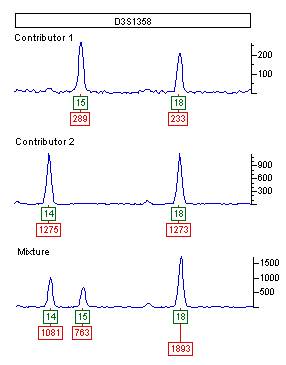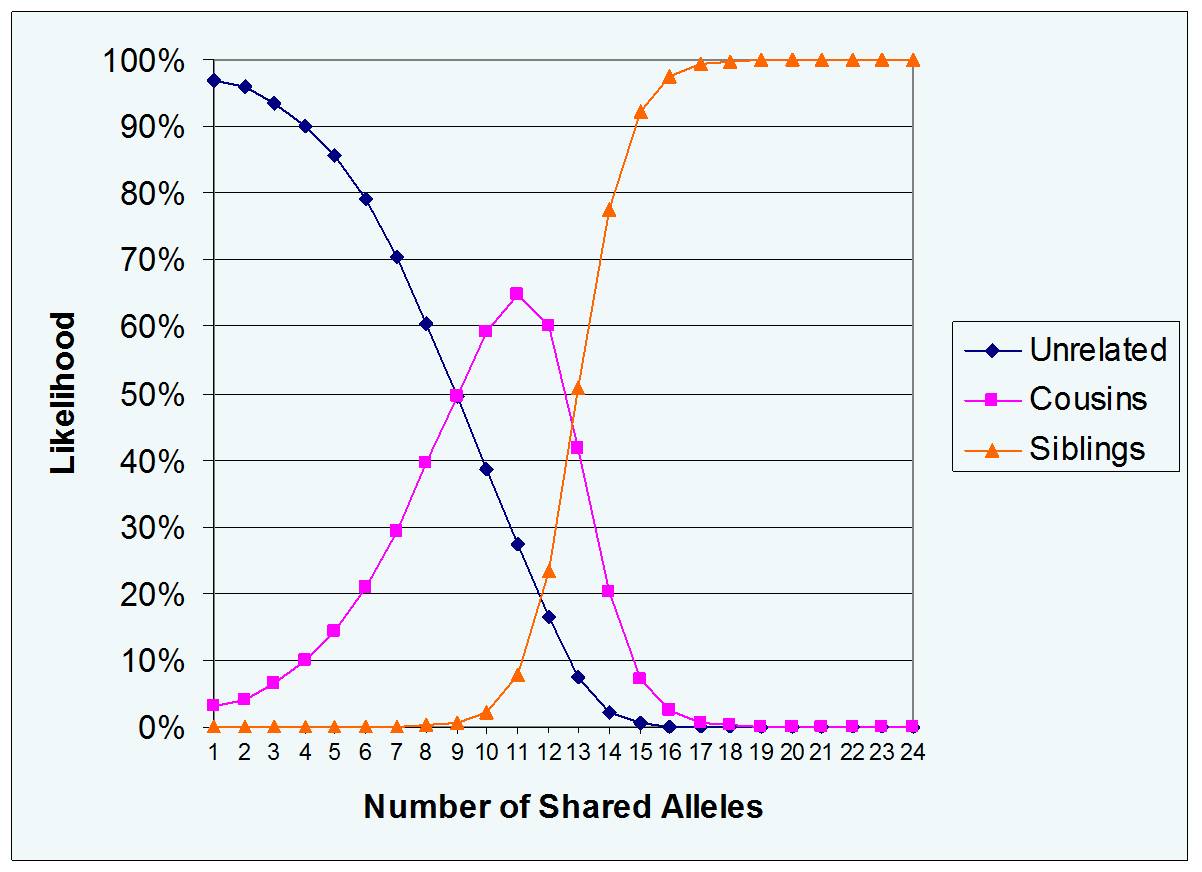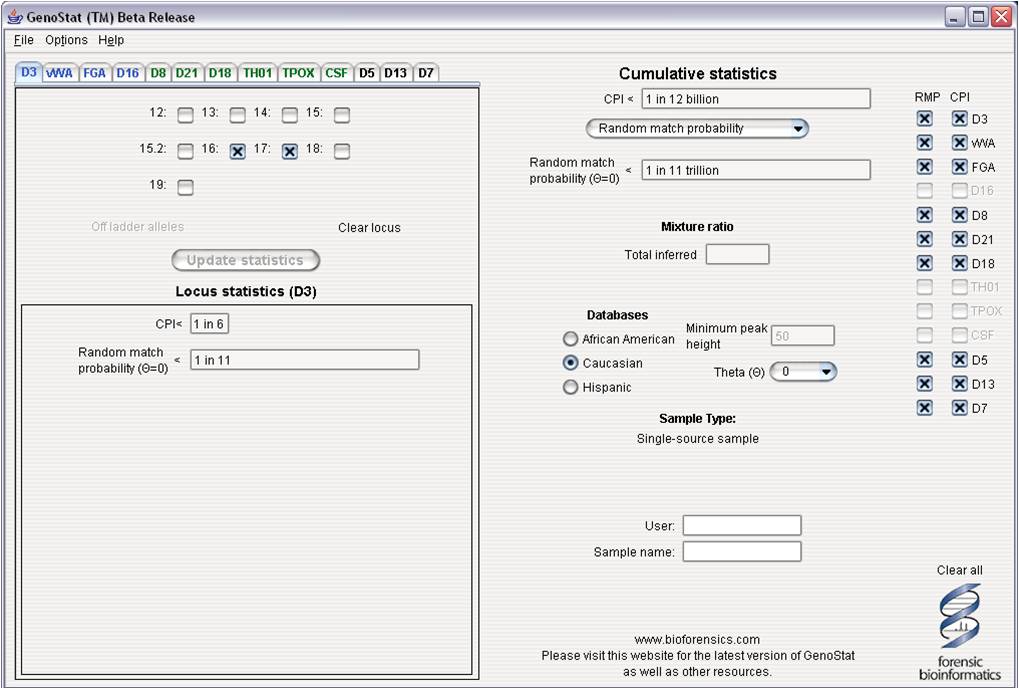Forensic DNA



PCR-based amplification of STR loci has become the method of choice for the purpose of human identification in forensic investigations. With these loci, length polymorphisms associated with differences in the number of tandem repeats of four-nucleotide (tetranucleotide) core sequences are detected after polymerase chain reaction (PCR) amplification. A set of thirteen STR loci are typically genotyped with commercially available kits and length polymorphisms are identified with machines such as the Applied Biosystems 310 or 3100 capillary electrophoresis systems. In the analysis and interpretation of DNA evidence using STRs, a surprising number of technical, statistical, and computational issues emerge. Together with Forensic Bioinformatics Services, Inc., we investigate algorithmic, empirical, and statistical approaches to address many of these problems. The end goal of our research is to ensure that DNA evidence is treated with due scientific objectivity in the courtroom.